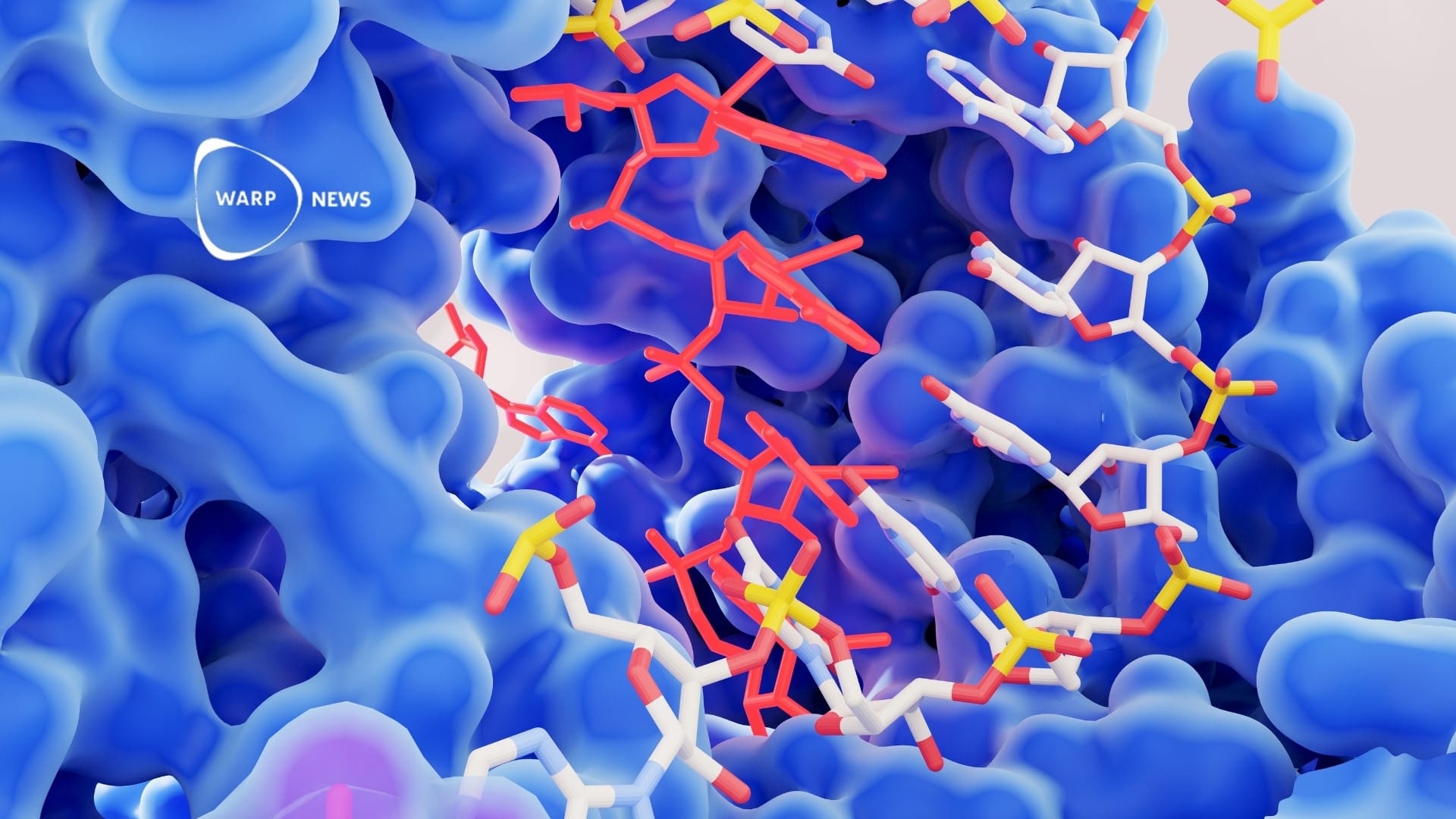
💊 Existing drugs also work against sleep apnea
Drugs currently used for epilepsy can also reduce respiratory arrest by more than 50 percent in those with sleep apnea.
Share this story!
Those who suffer from sleep apnea get short, repeated interruptions in breathing when they sleep. Something that makes them tired and unfocused during the day. The treatment often consists of those who suffer being allowed to sleep with a special mask or splint that keeps the airways open, but now a study shows that there may be a simpler treatment method.
A research team from the University of Gothenburg has tested using so-called carbohydrate inhibitors to relieve sleep apnea. Carbohydrate inhibitors are already used in medicines for, among other things, glaucoma and epilepsy, and the researchers wanted to see if carbohydrate inhibitors also work for sleep apnea.
59 patients with moderate or severe sleep apnea received 400 or 200 milligrams of carbohydrate inhibitors while one control group received a placebo.
The results show that carbohydrate inhibitors have a clear effect.
"For the patients who received the drug in the highest dose, the number of respiratory arrests decreased by an average of 20 per hour. Just over a third of the patients in the study had only half of their breathing pauses left and in every fifth the number decreased by at least 60 percent", says Jan Hedner, professor at the University of Gothenburg and one of the researchers behind the study, in a press release.
As there are already approved drugs based on carbohydrate inhibitors, the researchers hope that it will be relatively quick to obtain an approved drug for sleep apnea. Being able to take a pill instead of using today's treatments, the researchers believe, would make life easier for those who suffer from sleep apnea.
"These treatment options require habituation and since they are often perceived as difficult, it is common not to use your mask or splint. If we develop an effective drug, it would therefore make life easier for many patients and in the long run also save more lives", says Ludger Grote, senior lecturer at Sahlgrenska Academy at the University of Gothenburg and another of the researchers behind the study.


By becoming a premium supporter, you help in the creation and sharing of fact-based optimistic news all over the world.



